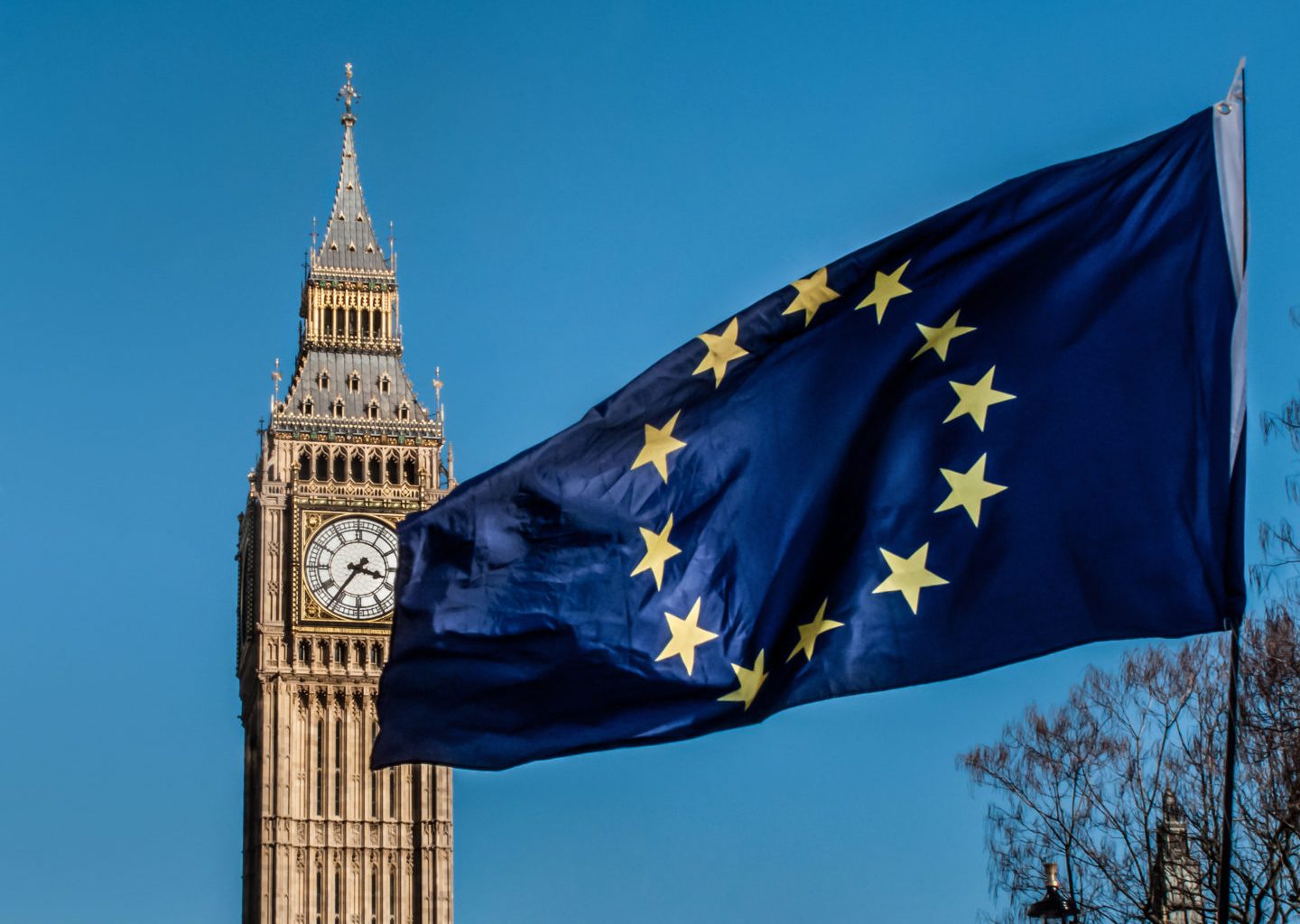The UK will participate in an unexpected European election on 23 May, almost two months after the original, but now postponed, Brexit date.
This has infuriated many Brexit campaigners who want to leave the EU without a deal. Some of them, including former Ukip leader Nigel Farage, have launched the Brexit Party, which will contest the election.

One of the party’s candidates and founders is businessman Richard Tice, who started pro-Brexit campaign group Leave Means Leave. He posted a tweet promoting the new party and making a number of claims about what a vote for them would result in.
A vote for The Brexit Party on 23 May is a vote for:
➡️ a WTO Brexit
➡️ competent Brexit negotiators & Brexit Party MEPs at the table
A vote for us is a vote against:
➡️ paying EU £39bn for nothing
➡️ a half-baked Brexit treaty by Theresa May & Jeremy Corbyn#EnoughIsEnough pic.twitter.com/amAU1HezEJ
— Richard Tice 🇬🇧 (@TiceRichard) May 7, 2019
Ferret Fact Service looked at these claims.
Evidence
The Brexit Party has no manifesto or policy platform and is only campaigning for an exit from the European Union without a withdrawal agreement, effectively the so-called ‘Hard Brexit’ option.
The ‘WTO Brexit’ suggested by Richard Tice refers to the option of falling back onto existing trade rules of the World Trade Organisation (WTO).
This would occur if the UK does not negotiate a deal with the European Union to get access to the single market and customs union. It is the UK’s default trade position, and all current EU members are also WTO members but act as a bloc in the EU.
WTO rules would mean “customs checks, tariffs and regulatory barriers on trade with the EU”, unless a bespoke deal can be thrashed out.
Claim: “A vote for the Brexit Party is a vote for competent Brexit negotiators & Brexit Party MEPs at the table”
Tice’s tweet claims that a vote for the Brexit Party was a vote for “competent Brexit negotiators and Brexit Party MEPs at the table”.
Negotiations on Brexit are between the UK government and the EU’s negotiators, there are no domestic or European opposition parties involved in direct negotiations with the EU.
It is misleading to suggest that voting for the Brexit Party in the EU elections would lead to party MEPs being represented in the negotiations.
Theresa May has opened up talks with the Labour Party to make compromises on the deal to offer the EU, but Jeremy Corbyn and his party have not been formally negotiating with the European Union.
Article 50, the EU law on withdrawing from the union, confirms that any negotiation would be between the European Union and the withdrawing member state, which means the UK government. Negotiations have so far been led by Theresa May, various members of the cabinet office and Department for Exiting the EU, as well as leading civil servants.
Parliament recently voted to take back a modicum of control over the Brexit process, and a bill was passed in April to take No Deal off the table. However, the ultimate responsibility for thrashing out a deal still rests with the UK government, and a No Deal scenario still remains an option. There appears no chance that Brexit Party MEPs would be able to get access to the negotiating room.
Elected MEPs can have some measure of influence over the withdrawal agreement, as they will have to vote on the final deal.
As the EU’s website explains, “the European Parliament’s right to withhold consent to the final agreement offers it political leverage to influence the agreement and effectively makes it a veto player”.
The Brexit Party will be able to vote against a deal they do not like. But the vote will need a majority of MEPs across Europe to pass, so they will not be able to stop it alone, and will have minimal impact as a small minority party.
Ferret Fact Service verdict: False
Richard Tice’s claim about negotiating Brexit is misleading. The claim that voting for his party would lead to their MEPs being part of negotiations on leaving the EU is false, as the formal discussions are between the UK government and EU.

Claim: “A vote for The Brexit Party is a vote against paying the EU £39bn for nothing.”
Richard Tice’s message also states that a vote for his party would be against “paying the EU £39bn for nothing”.
It is misleading to say we are paying the EU “for nothing”. He is referring to the so-called Brexit ‘divorce bill’, which was estimated to be around £38bn in March 2019. These figures have been agreed by the EU and UK.
The bill consists of the “UK’s contribution to EU budgets up to 2020, payment of outstanding commitments, and financing liabilities up to the end of 2020”.
The UK agreed to pay into the EU budget up until 2020, paying a share of projects the EU has already committed to, and other net liabilities which will not be cleared until 2064. This money will help to fund EU investment and projects in the UK until the end of 2020, although some programmes may go on longer.
The claim that the UK could avoid paying the remaining contributions to the EU is contentious. A 2017 House of Lords report, which has been cited by David Davis and other Brexit supporters, suggests we would not be obliged to pay the exit bill.
The Lords report concluded that “if agreement is not reached, all EU law – including provisions concerning ongoing financial contributions… will cease to apply, and the UK would be subject to no enforceable obligation to make any financial contribution at all.”
Brexit secretary Dominic Raab said, in the event of a No Deal, the UK would “recognise our strict legal obligations” but that the amount paid would be “significantly, substantially lower” than the £39bn agreed.
However, legal experts have said the UK would be bound by the commitments made even if we leave without a deal. The European Commission said in a statement in January that “the UK would be expected to continue to honour all commitments” for payments into the EU budget.
Regardless of whether the UK has an obligation to pay, some experts have warned that reneging on previously agreed commitments could affect the UK’s ability to negotiate advantageous trade deals with the EU and other countries. The EU may choose to sue the UK to recover the payments agreed.
Ferret Fact Service verdict: Unsupported
Richard Tice’s assertion that the UK could unilaterally decide not to pay the remaining money committed to the EU, known as the ‘divorce bill’, is widely disputed and could end up in legal action. There would likely be reputational damage to the UK if it did not honour these financial commitments.

Ferret Fact Service (FFS) is a non-partisan fact checker, working to the International Fact-Checking Network fact-checkers’ code of principles. All the sources used in our checks are publicly available and the FFS fact-checking methodology can be viewed here. Want to suggest a fact check? Email us at factcheck@theferret.scot or join our Facebook group.














